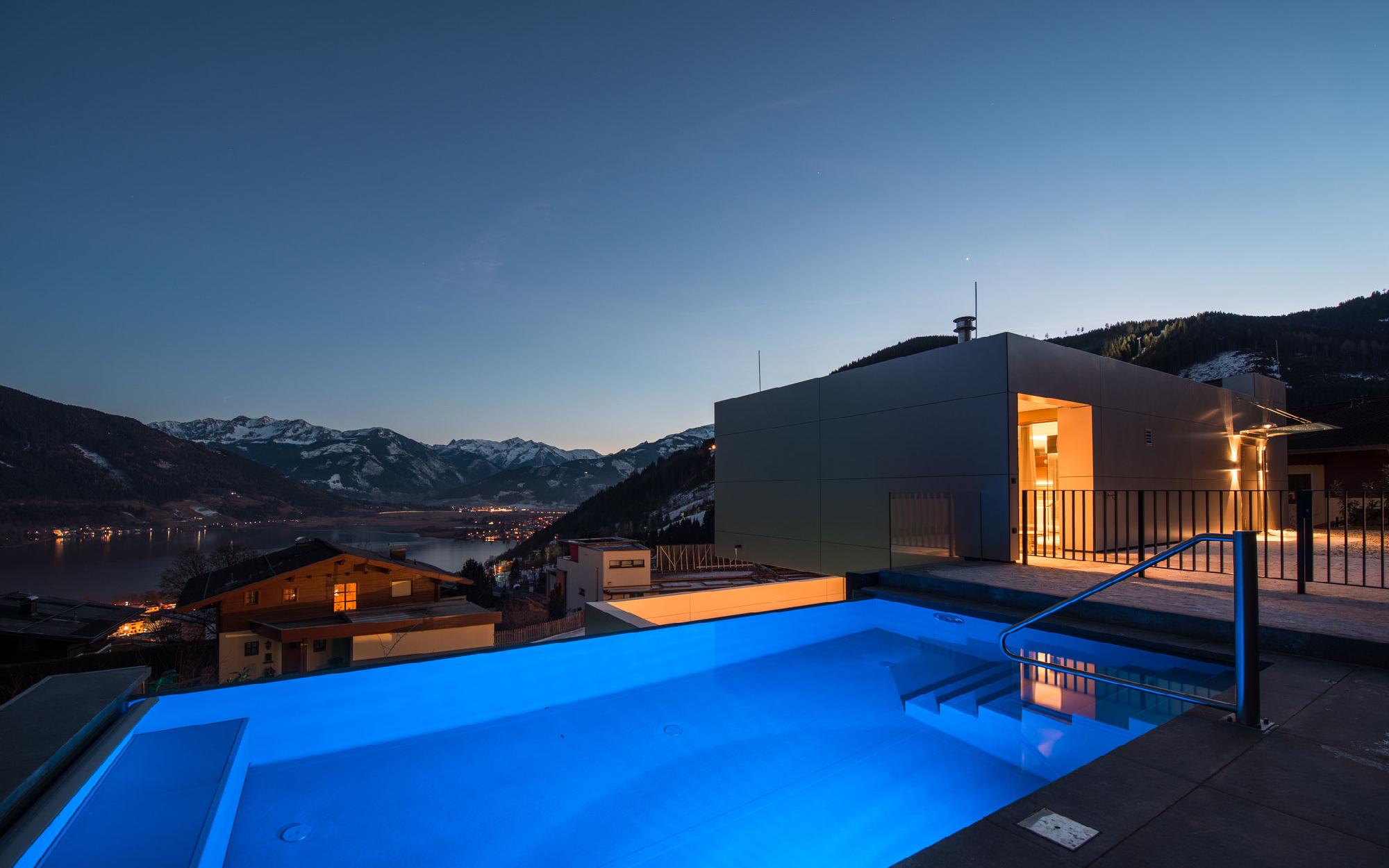-
Attractive offer for saleNew city boutique hotel in the center of Vienna
-
Attractive offer for saleLake view villa on Sonnberg in Zell am See
-
Attractive offer for saleAbsolutely rare 1 bedroom apartment in Lech am Arlberg
-
Attractive offer for saleProperty with unobstructable lake view in Zell am See
Information for real estate buyers in Austria
Buying property in Austria is not as difficult as you think
- • All fees are regulated by the government so that you know exactly what you have to pay.
- • Property is almost always Freehold Title - but it is possible to find leasehold titles if you look hard.
- • Once a formal offer is made and accepted it is binding on both parties so you will not be out bid later.
- • Austria has clear regulations on the role of your Estate Agent and Notary.
- • A Notary undertakes the work that a conveyancing solicitor would in the own country.
Who can buy property in Austria?
Austria is a member of the EEC.
Prior to membership of the EEC there were numerous local council rules that often prevented foreigners from buying property.
Whilst these rules no longer apply to European citizens many councils still prefer their approval to be sought by the appropriate "Grundverkehrsbehörde" - part of the local council.
Whilst arguably such approval is no longer required it is best to be courteous and have your Lawyer comply. Remember that most towns are very small and the local major is someone you would like to keep on Good terms with.
Apart from these considerations EEC citizens will find buying property in Austria orderly, efficient and quick.
If you are not an EEC citizen you may still buy property in Austria but only with the express approval of the "Grundverkehrsbehörde" - part of the local council. The procedure is basically to find a property, place a formal offer via your Estate Agent after which an approach to the council is made.
Making a formal offer
Once you find a property that you would like to buy, it is safe to discuss your thoughts with the estate agent. It is usual in Austria that the Agent acts as the negotiator and will often already know if there is room to maneuver on price.
You will then be asked to make a formal offer in writing. The agent will then prepare an offer document, which will detail all costs involved in buying the property, such as legal fees, land registry costs, agents fees, Stamp duty, vat etc.
Fees usually amount to 10% on top of the offer being made. This will all be detailed on the "Kostenaufstellung" form which accompanies the offer document.
Currently fees are normally :
- • Stamp Duty 3.5%
- • Land Registry 1%
- • Estate agent costs 3,6% (including VAT 20%)
- • Notary fees are on a scale set by law and you should allow 1.5% (including VAT 20%)
Fixtures and fittings/furniture can be split from the total purchase price, so that stamp duty etc is only levied on the actual price of the building. Once you have signed the offer. The vendor has a fixed period of days fixed number of days to accept or reject it after which your offer lapses.
Once the vendor has countersigned your offer the deal is fixed.
From this point on neither the purchaser nor vendor can back out and you can't be gazumped.
Please ensure you have your finance in place before you make an offer. It is NOT "subject to contract" or the sale of your property in own coutry.
The completion date is agreed between you and it is important that you transfer sufficient funds to complete the purchase, together with the amount needed to cover the purchase costs.
The offer papers are then passed to a Notary who will draw up the sale contract on behalf of both parties. Please note it is normal in Austria that the Notary acts for both parties and is seen in law as an intermediary for both the buyer and seller.
You will be asked to transfer sufficient funds to cover the purchase and all fees and costs to the Notary clients (trustee) account before the agreed completion date. Once both parties have signed the sale contract the Notary passes the money over to the vendor, but only after ensuring that the property is recorded in the land registry, and that you have unencumbered title. Other clauses are inserted into the contract to ensure that the vendor has settled bills with suppliers so that no debts from the previous owner are lingering after the date of sale.
The timescale from finding your property to full registered ownership can be as little as 6 weeks.
Properties in Austria are Built to withstand severe weather conditions and stand for generations. Valuations are not usually undertaken which you might find strange. We would suggest you discuss with the Estate agent any renovation that the property may require. Always enquire the condition and age of wood Built features.
Paying the day to day running bills
We recommend that you pay your running bills via direct debit by opening a local bank account in the nearest village to your property. Its simple and Easy to do with your passport and own address confirmation. Most banks have an Internet account that you can operate from home in your country.
Your estate agent will help you to complete the documents to pay your regular running costs such as electric, telephone, fuel etc. These items have a similar unit charge to the another European countries.
Local refuse collection and council charges are very modest compared to another council tax.
The vendor can advise you the usual cost of these items.
Capital gains tax for Austrian real estate
If you buy a property and sell it within ten years at a profit, then 50% CGT is payable
Please note, that all information on this page is given freely for your own consideration. We always recommend you take professional advice from our austrian lawyer before buying a property in Austria.
Search
Purchase stats
- Apartments / Penthouses 42%
- Houses / Villas / Chalets 38%
- Hotels / Pensions 18%
Featured Properties
Vienna - Austria
AP-WH-05047

Tirol - Austria
APHT25024
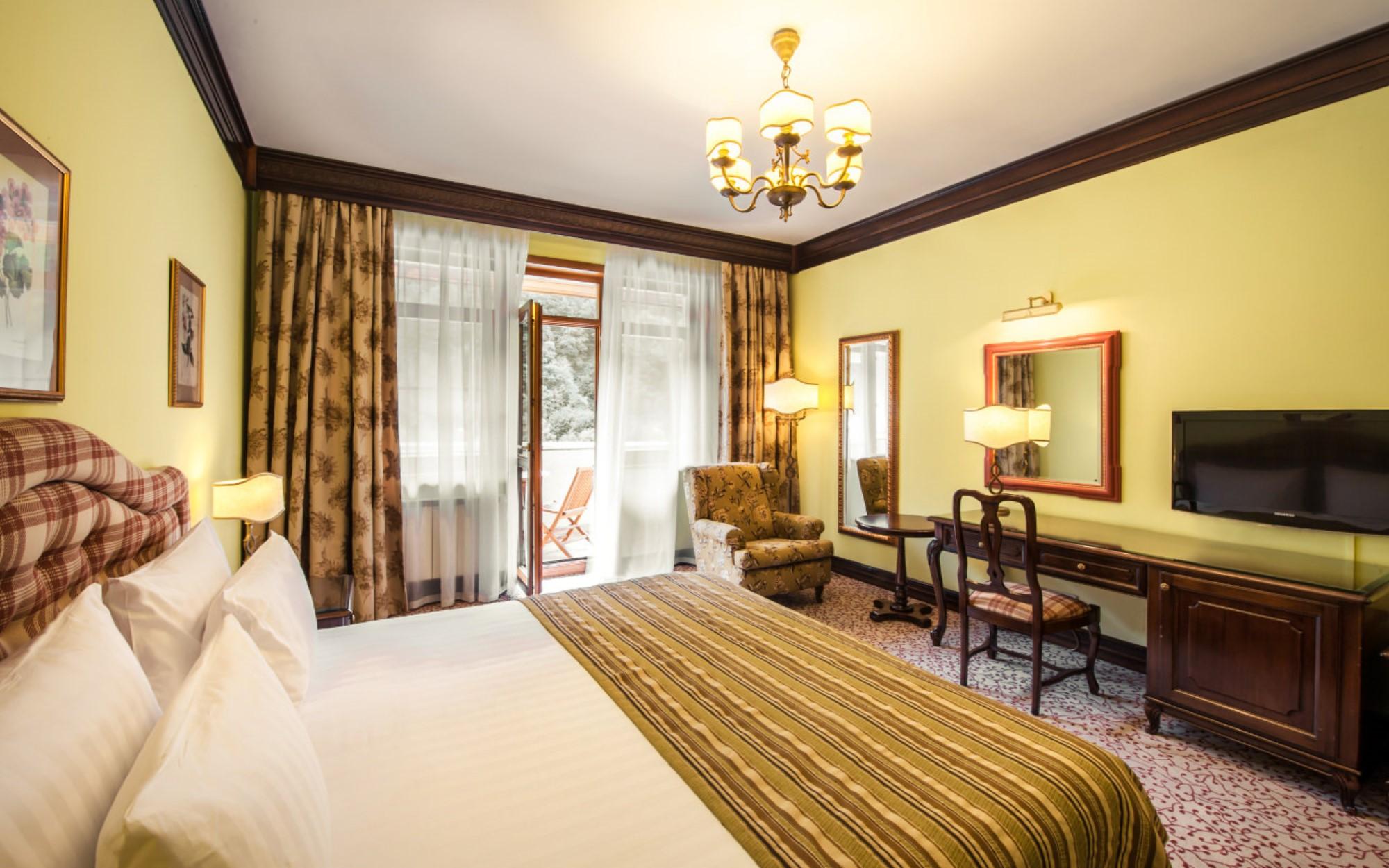
Upper Austria
AA-LP-SH004
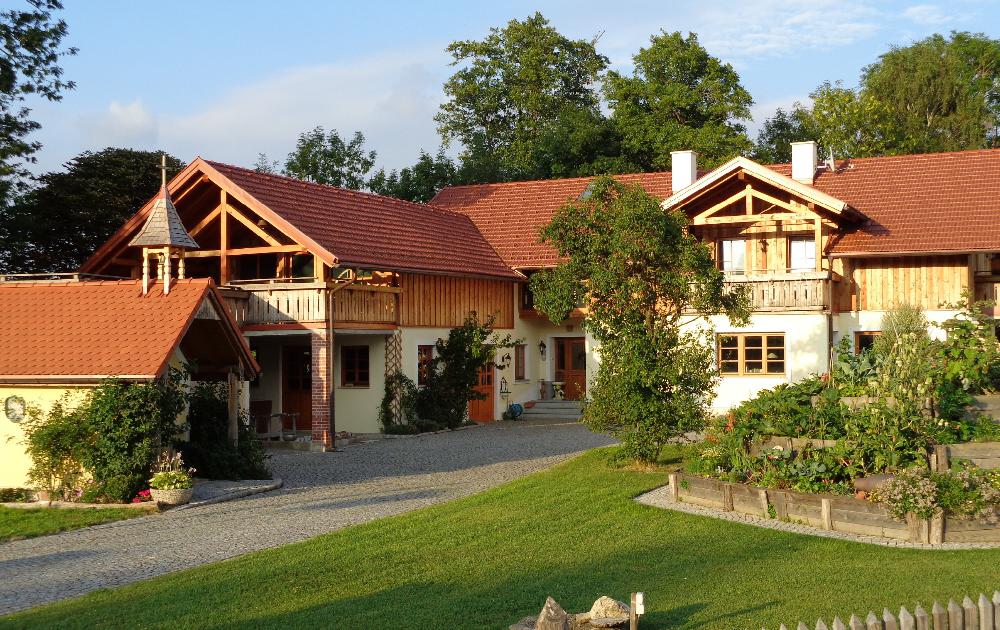
Salzburgland - Austria
AP-HT-26119
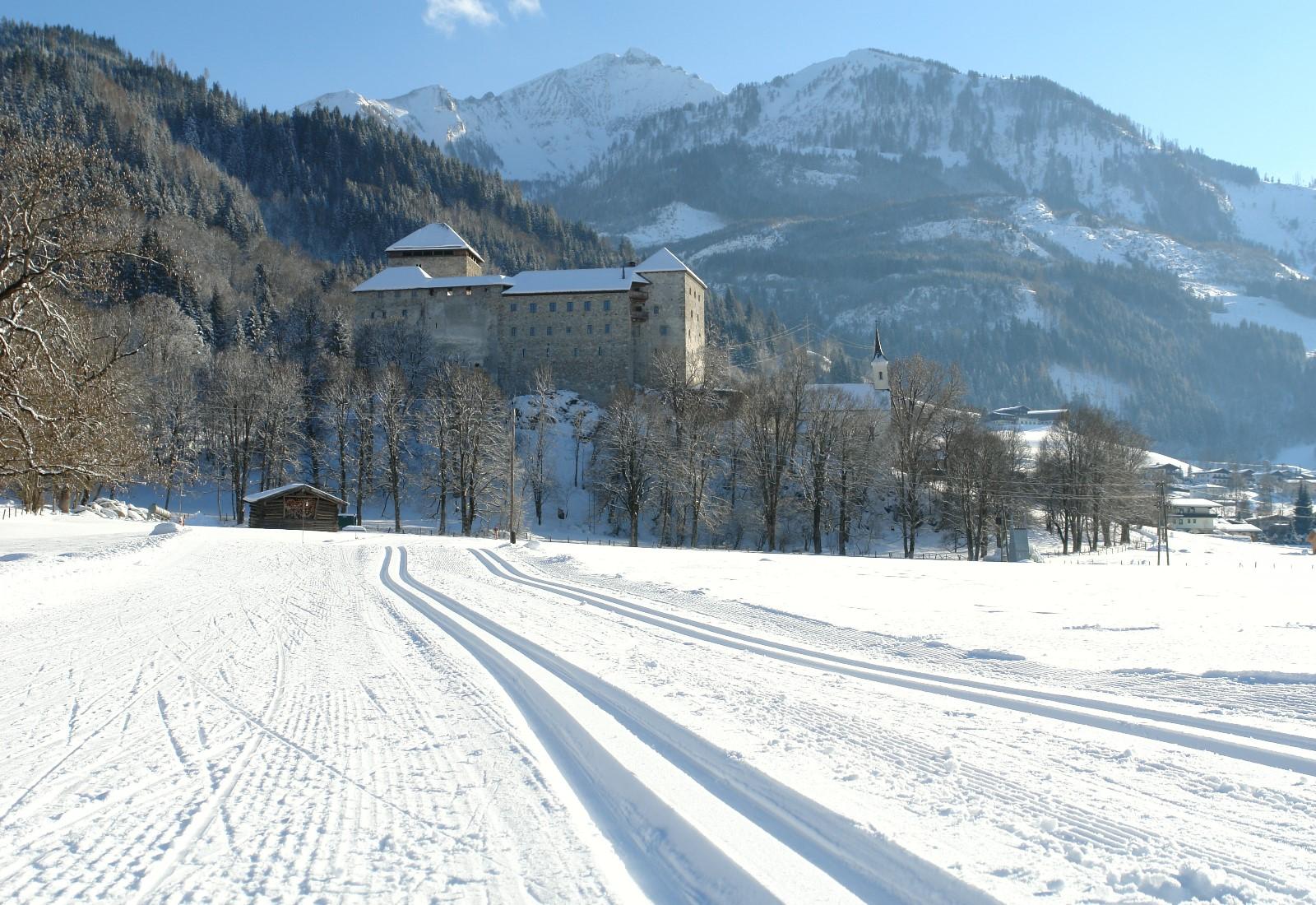
Vorarlberg - Austria
AP-RB-08141
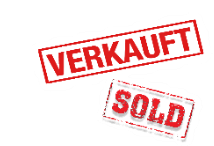
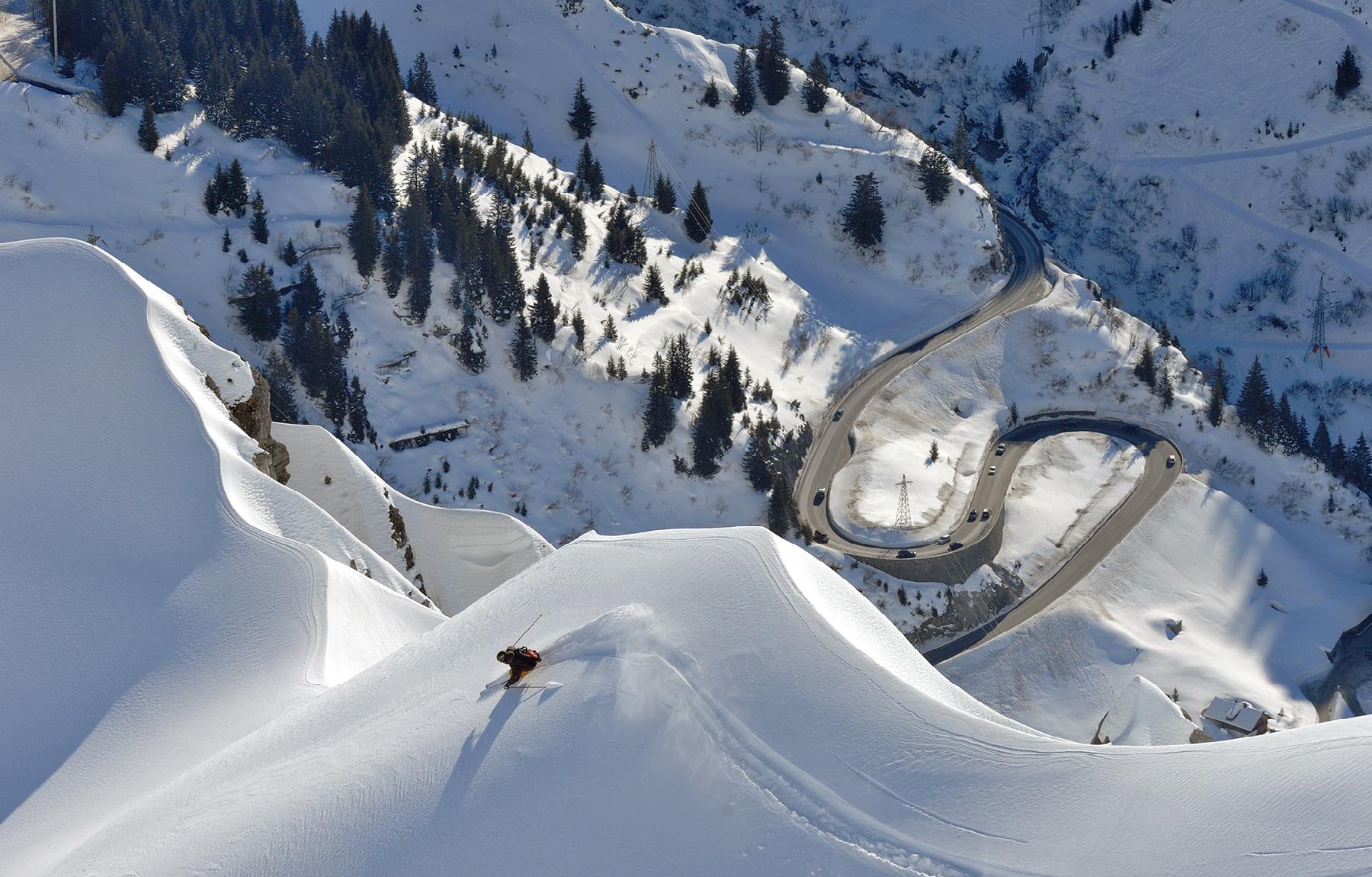
Salzburgland - Austria
APZVBV448
